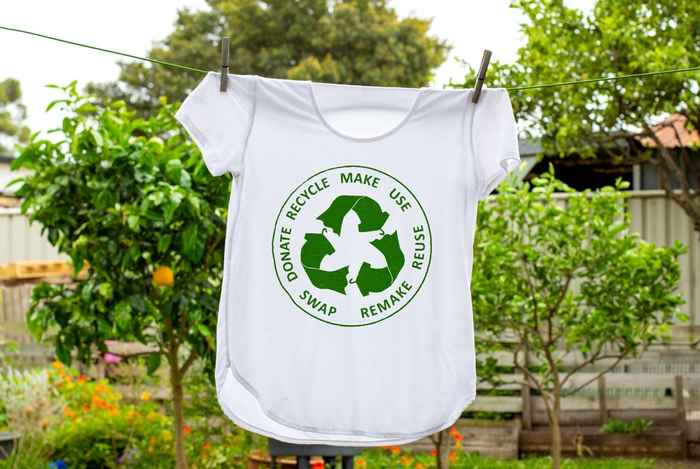Embracing recycled textile and sustainable washing
14 June 2022

Recycling textiles
Textile recycling requires relatively pure waste streams. But most textile waste consists of blends of especially cotton and polyester. As a result most of this waste goes to landfill or is burned. Fortunately there are promising new techniques to recycle cotton even when mixed with polyester. But these techniques can only be successful when consumers embrace them and the products they bring to the market.
Social psychologists Frenk van Harreveld and Cameron Brick will study the willingness of consumers to buy textile products that are produced with recycled materials. They will identify psychological factors behind our intentions to recycle clothing waste, and our uptake of recycled textiles produced by new techniques.
Microplastics emissions from clothes washing
Washing behaviour is often overlooked as a contributor to our ecological footprint of textiles. But washing textiles releases synthetic microfibers and is a major route for microplastics entering the environment. Little is known about the willingness of individuals to adopt pollution-reducing measures.
In this project, Brick will develop a novel, human-centred research method to collect household emission data, and investigate how citizen science leads to learning and engagement, stimulating pro-environmental behaviour. The overarching goal is to investigate how local behavioural changes can help reduce global pollution.
For this project Brick and his interdisciplinary team received a 47K seed grant Sustainable Prosperity from the University of Amsterdam.